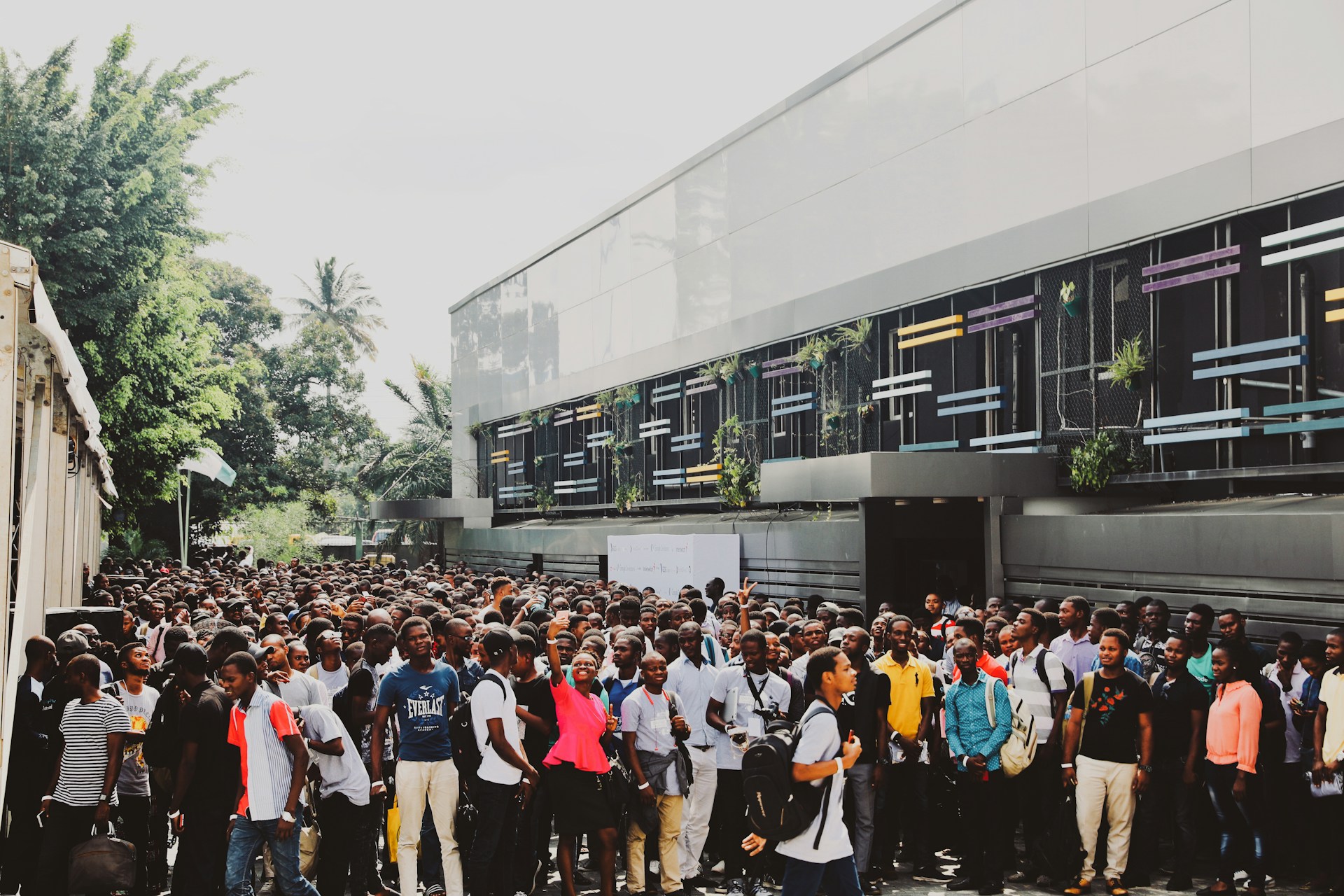Swiggy, a leading food delivery and quick commerce firm, has announced the expansion of its 10-minute food delivery service Bolt to over 400 cities and towns across India. This move marks a significant intensification of the quick-commerce race in the world's most populous nation.
The Bengaluru-headquartered startup, which went public last month, has scaled up partnerships with over 40,000 restaurants, including global chains KFC, McDonald's, and Starbucks, as well as popular local establishments. This expanded network enables Bolt to deliver fresh food to customers within 10 minutes, focusing on items that require minimal to zero preparation time and operating within a 2-kilometer radius of customers.
The Bolt service, initially launched in major cities such as Bengaluru, Chennai, Hyderabad, New Delhi, Mumbai, and Pune, has now expanded to smaller cities including Jaipur, Lucknow, and Ahmedabad, as well as Tier 2 and 3 cities such as Roorkee, Guntur, and Shillong. This aggressive expansion is seen as a strategic move by Swiggy to claw back some market share in food delivery that it has conceded to its chief rival Zomato in recent years.
According to Rohit Kapoor, CEO of Swiggy's Food Marketplace, Bolt is "changing the way customers are experiencing food." He added, "For the first time, people are getting food from their favorite restaurants to their doorstep, as fresh as possible." This emphasis on speed and freshness is likely to resonate with Indian consumers, who are increasingly expecting instant gratification for an ever-expanding range of products.
Notably, Swiggy's delivery partners are not informed of the distinction between Bolt and regular orders, and there are no incentives for fast delivery. Instead, speed is optimized through strategic restaurant partnerships and a limited 2-kilometer delivery radius. This approach allows Swiggy to maintain a high level of quality and consistency in its deliveries.
The launch of Bolt intensifies competition in India's fast-growing quick-commerce market, which has grown by more than 100% in a year. Other major players in this space include Zomato's Blinkit, Instamart (Swiggy's quick-commerce offering), Nexus-backed Zepto, and Tata-owned BigBasket. As these companies continue to innovate and expand their offerings, they are fundamentally changing the way millions of Indians shop and live.
The implications of this trend are far-reaching, with significant potential for disruption in the retail and logistics sectors. As quick-commerce continues to evolve, it will be important to monitor its impact on consumer behavior, urban planning, and the broader economy. For now, however, it is clear that Swiggy's Bolt service is a major development in India's e-commerce landscape, and one that is likely to have a lasting impact on the way Indians shop and dine.



